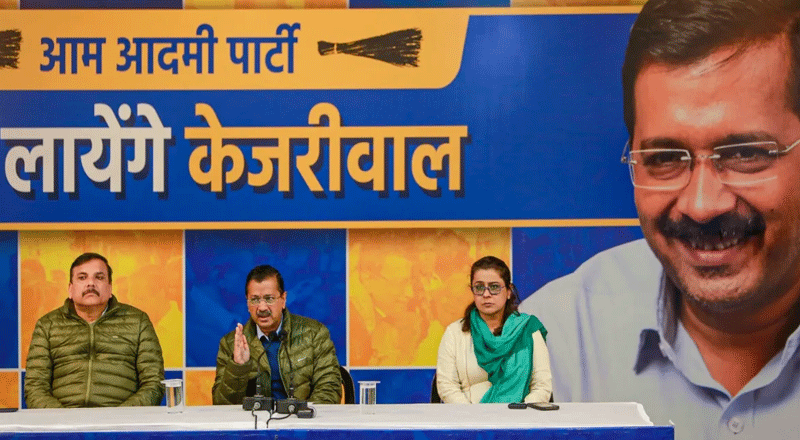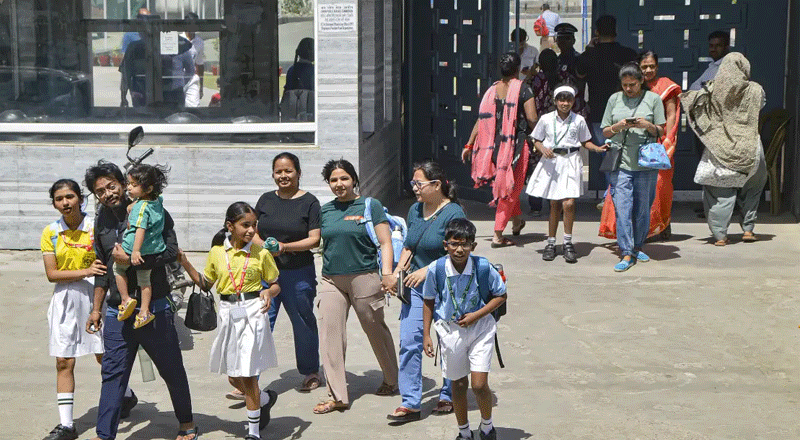Court Denies Anticipatory Bail
In a major legal setback for former IAS trainee Puja Khedkar, the Delhi Patiala House Court has denied her anticipatory bail plea. This decision comes amid serious allegations that Khedkar misrepresented and falsified information in her Union Public Service Commission (UPSC) Civil Services Examination 2022 application. The court’s denial of bail adds to Khedkar’s troubles, as she faces scrutiny from multiple fronts.
UPSC Cancels Candidature
The UPSC has taken decisive action against Khedkar by cancelling her provisional candidature for the civil services exam and permanently barring her from all future examinations. The Commission alleges that Khedkar violated the examination rules by providing false information in her application. This action by the UPSC has not only nullified her candidacy but also raised questions about her eligibility and integrity.
Court Orders Expanded Investigation
Judge Devender Kumar Jangala, who presided over the bail hearing, directed the Delhi Police to widen their investigation. The court has instructed the police to explore whether any UPSC insiders may have assisted Khedkar and to investigate other candidates who might have improperly benefited from quotas for OBC (Other Backward Classes) and PwD (Persons with Disabilities) candidates. This expanded probe aims to uncover any systemic issues or corruption within the examination process.
The court’s directive underscores the importance of ensuring fairness and transparency in the selection process, particularly in light of allegations that Khedkar might not be the only one exploiting the system.
Legal Arguments and Allegations
During the court proceedings, Khedkar’s advocate, Bina Madhavan, argued for the anticipatory bail, citing the imminent threat of arrest. Madhavan contended that Khedkar’s mention of “five attempts” instead of “twelve” was a minor error made in good faith, not a deliberate act of deception. She also defended the authenticity of Khedkar’s disability certificate, issued by AIIMS, which confirms her benchmark disabilities.
Madhavan further claimed that the criminal charges against Khedkar were retaliatory, stemming from her complaint against a Collector for alleged sexual harassment. She argued that the media scrutiny and subsequent FIR were unfairly targeting Khedkar.
UPSC and State Responses
Senior Advocate Naresh Kaushik, representing the UPSC, countered by asserting that Khedkar’s failure to disclose her previous attempts was a clear breach of examination rules and an admission of guilt. Kaushik emphasized that Khedkar’s actions had compromised the integrity of the examination system, warranting strict action.
State Public Prosecutor (SPP) Atul Srivastava, representing the Delhi Police, noted that the offence of cheating could only be established if the UPSC was genuinely defrauded. He highlighted that the investigation was in its early stages and required further examination of documents, including Khedkar’s medical records.
Background and Controversy
Khedkar’s issues began shortly after she joined the Pune Collectorate for probationary training in June. Her demands for perks, which were deemed inappropriate for a trainee, led to her transfer to Washim. The subsequent scrutiny revealed that Khedkar had exploited relaxed criteria for OBC and disability benefits, despite her father’s wealth and non-compliance with required health check-ups.
The case continues to draw attention, raising important questions about the integrity of the civil services examination system and the conduct of candidates. As the legal and administrative drama unfolds, Khedkar’s case remains a critical example of the challenges and controversies in the pursuit of civil service positions.
(With inputs from agencies)





